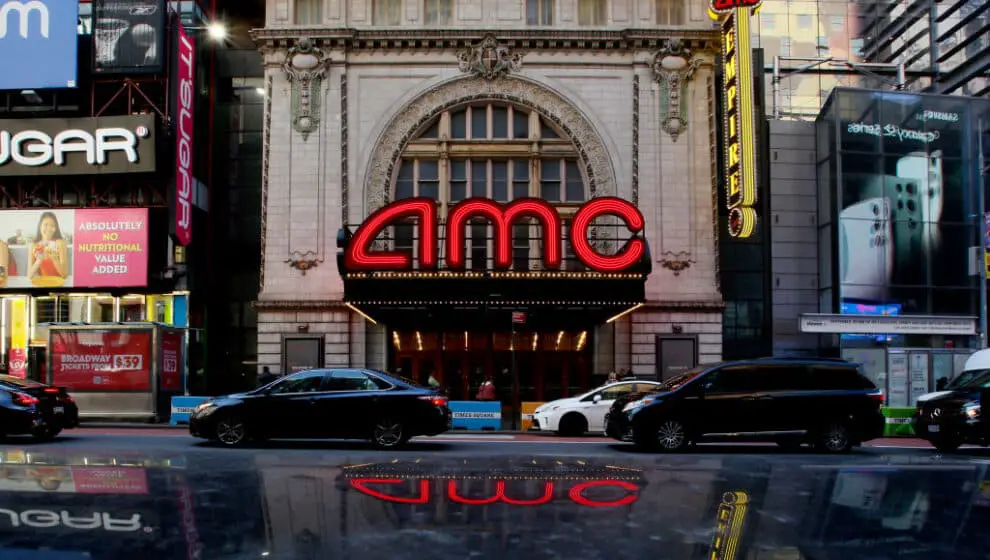Financial zombies—companies whose debt burden is hit the hardest by rising interest rates—pose a threat to the already struggling economy.
Key Details
- These types of businesses have become more common in the last year. A period of easy money gave these businesses life, but rapidly rising interest rates stopped easy access to loans.
- The Fed now has to balance its decisions between cooling inflation and unintentionally creating more financial zombies, Bloomberg reports.
- A Goldman Sachs study estimated that around 13% of U.S. firms were financial zombies in 2022. AMC Entertainment Holdings and Carnival Corp. are two recent examples of these zombies.
Why it’s news
During the pandemic, financial institutions made borrowing easier to stimulate the economy. These conditions help financial zombies stumble along for a bit longer, hoping that they will eventually start making money again.
As a result, more zombies are cropping up as interest rates rise and companies have a more challenging time securing loans or paying back existing ones. The Silicon Valley Bank (SVB) collapse in March raised concerns that higher rates had also affected the banks themselves and not just corporations. SVB’s fate was tied to significant losses from long-term bond holdings. The bonds’ value declined while interest rates rose.
Zombie companies can place added difficulty on an already struggling economy. While these non-profitable businesses eat up capital, there is less to go around to companies that could actually turn a profit. Investments suffer when these zombies refuse to let go.
Eventually, financial zombies collapse, and when they do, it is often sudden, leaving unsuspecting employees without a plan in place for a new job. In times of economic uncertainty, several of these collapses can have the added effect of undermining confidence in the overall economy and financial system.
While it may make the most financial sense to shut down these financial zombies, the effect on the perception of the economy can encourage financial leaders to avoid too many zombies collapsing too quickly, Bloomberg reports.
Federal regulators must find the delicate balance between pushing these zombies out of the market and avoiding panic as they collapse.

